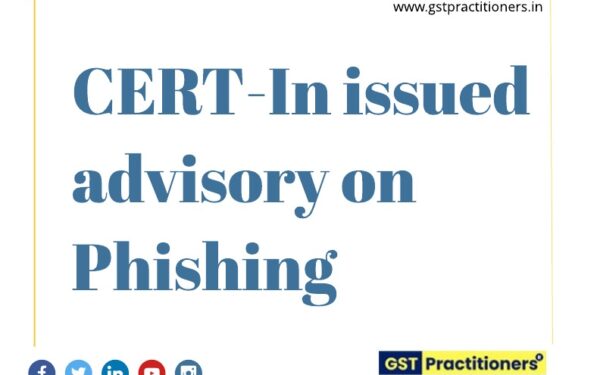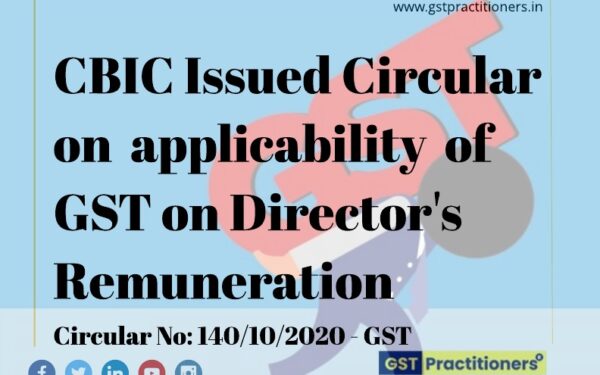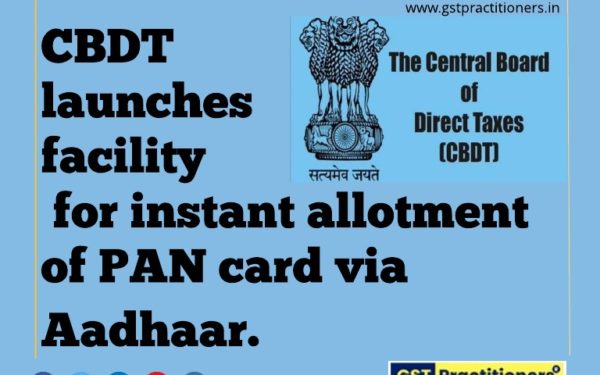Govt plans geo-tagging to crackdown on shell companies

Companies may soon have to geo-tag their registered offices in the statutory filings with the Registrar of Companies (RoC), as the government seeks to prevent fraud by tightening regulatory systems. Geo-tagging, or attaching data of the exact location of the office, will allow the online return filing system to alert government officials wherever it detects far too many companies are registered in the same premises, a trend noticed in past investigations into shell companies.
“This will help us identify instances of one building being used by hundreds of shell companies as their registered office or of companies citing vacant plots as their registered office address. It will serve as an early warning system for detecting mushrooming of shell companies,” minister of state for corporate affairs P.P. Chaudhary said in an interview. “We are seriously thinking of introducing this requirement.”
With this move, the ministry seeks to prevent abuse of the corporate structure by companies that inflate costs by issuing fake invoices and laundering unaccounted wealth in the form of loans or equity through bogus transactions.
Many companies that exist only on paper with the same address were found in the past offering what is referred to as “accommodation entries” or bogus transactions without commercial substance. A special investigation team led by Justice M.B. Shah, a former judge of the Supreme Court, in 2015 highlighted the role played by such entities in money laundering.
The coordinates of the registered premises will act as a key input for mining data in the ministry’s IT infrastructure, called MCA21, to zero in on companies with a common address, common contact numbers, common directors and sudden and unexpected changes in revenue, etc. that may warrant a closer look into their affairs. The idea is to seek the coordinates of the registered office at the time of incorporation in the case of new companies and at the time of filing annual returns in the case of existing ones.
“Over a period of time, the disclosure and transparency requirements for companies have increased. Geo-tagging will certainly help in identifying clusters of companies with the same address,” said Amit Maheshwari, partner at accounting firm Ashok Maheshwary & Associates Llp.
Chaudhary said the government is working on defining what is commonly referred to as a shell company. After the November 2016 demonetisation of high-value currency notes, the government combed through records to identify dormant companies and those that were used to launder money.
To be sure, not all dormant or defunct companies are involved in wrongdoing. Most of them only default on the statutory requirement of filing annual returns. In some cases, companies default on filing their annual returns because there is no business activity.
In a clean-up exercise in 2017-18, the government struck off more than 226,000 such shell companies from the records for not filing annual returns for two or more years. It also identified some cases that called for a probe. Now, investigations are on into the real ownership of 68 companies that deposited ₹ 25 crore or more after demonetisation, which the authorities have found suspicious.
Experts said that having a common address alone does not point to wrongdoing. It is a practice among professional services companies such as law firms and audit firms to work from a large, common infrastructure. “The registered office need not necessarily be the place from where a business conducts its commercial operations,” a corporate law expert said on condition of anonymity.
“Geo-tagging will certainly help in identifying a cluster of businesses, but one has to keep in mind that some start-ups, too, opt to work in clusters. Having a common address is not illegal.”
source : livemint.com, Dated : 10.09.2018

K.C.MAHATO is expert in GST Consultancy and has an experience of more than 10 years in Indirect tax , Direct Taxes and the accounting profession. He is also giving GST Practical Training to Students and SME Traders. He provide services that most effectively meet client needs. Her experience is concentrated in performing GST Laws & Practices and compliances of gst in a variety of industries.


![CBDT issued Notification for Extension of various time limits under Direct Taxes [Read Notification]](https://www.gstpractitioners.in/blog/wp-content/uploads/2020/06/Facebook-Shared-Image-Untitled-Page-5-600x375.jpeg)


![CBDT issued notification for income tax return forms for F.Y : 2019-2020 [see details]](https://www.gstpractitioners.in/blog/wp-content/uploads/2020/05/Facebook-Shared-Image-Untitled-Page-1-1-600x375.jpeg)
